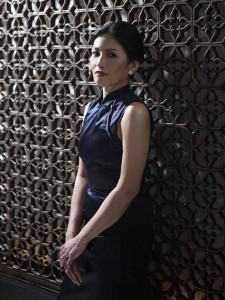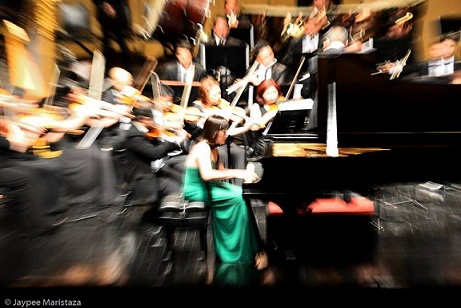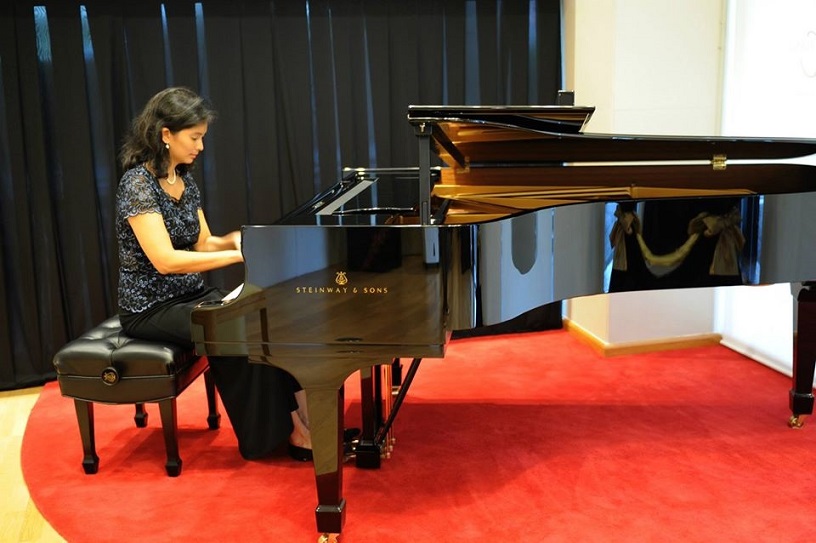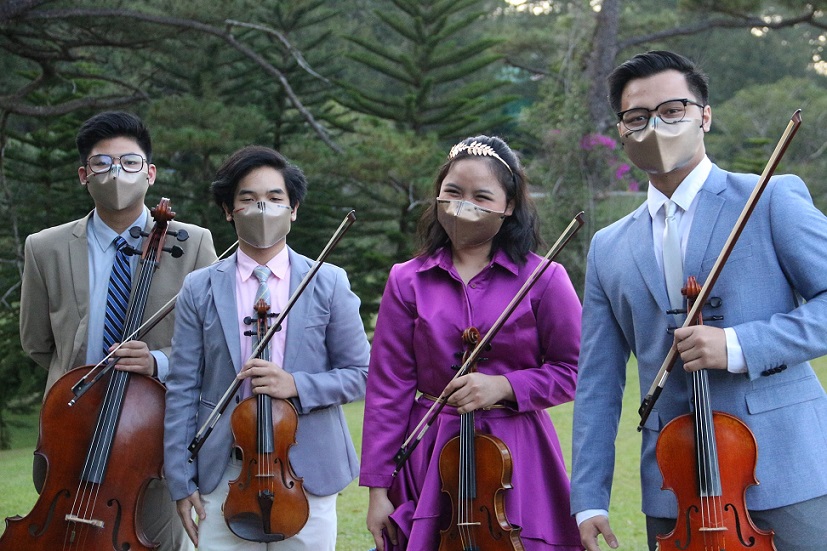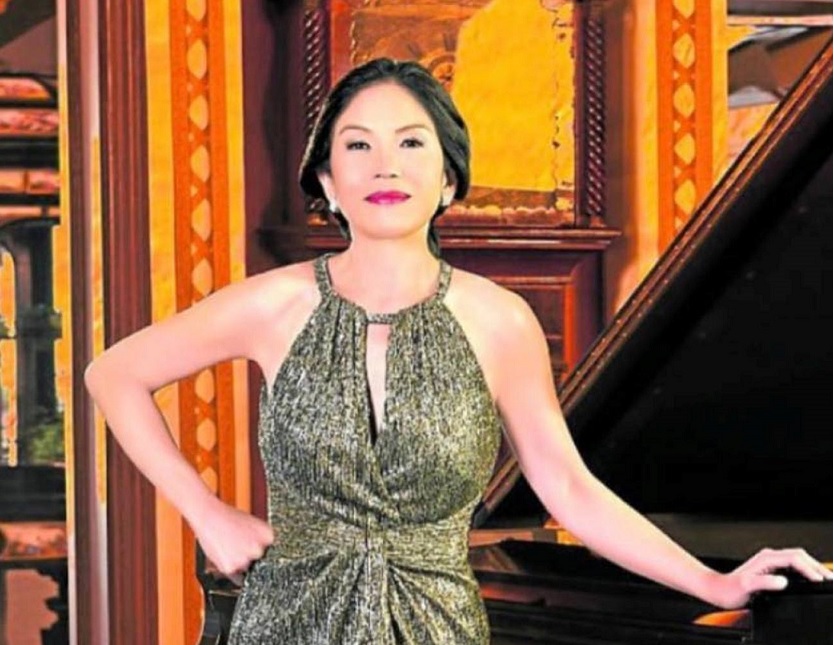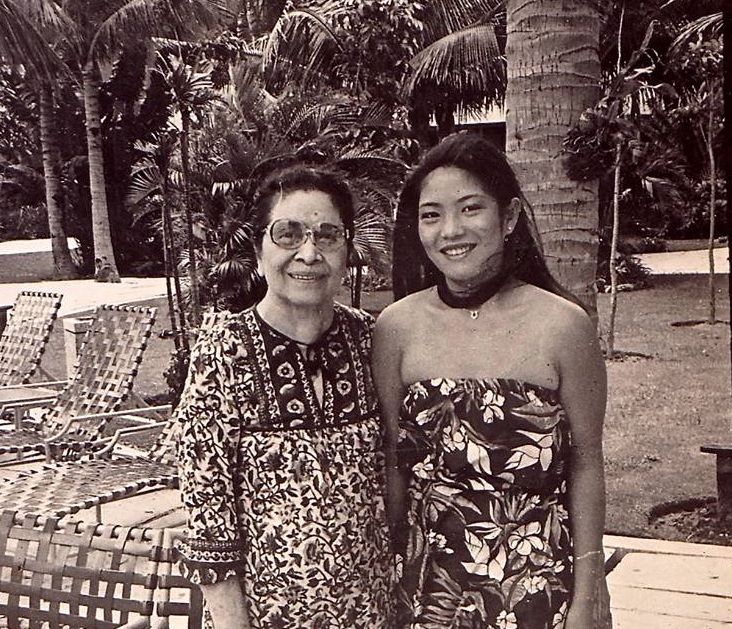By PABLO TARIMAN
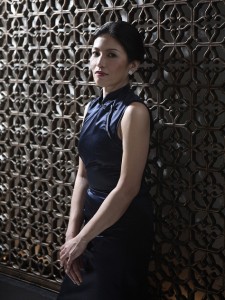 CELEBRATED Filipino pianist Cecile Licad makes history in Russian soil when she becomes the first Filipino soloist to perform with the Russian State Symphony Orchestra on April 15 at the highly revered Tchaikovsky Hall at Triumfalnay Square in Moscow.
CELEBRATED Filipino pianist Cecile Licad makes history in Russian soil when she becomes the first Filipino soloist to perform with the Russian State Symphony Orchestra on April 15 at the highly revered Tchaikovsky Hall at Triumfalnay Square in Moscow.
She will perform Brahms Piano Concerto No. 1 under the baton of People’s Artist of Russia Mark Gorenstein.
It is also the first time she will set foot in the famous Tchaikovsky Hall where the likes of Otto Klemperer, Artur Rubenstein, Yasha Heifetz, Marian Anderson, Artur Honegger, Bela Bartok, David Oystrakh and Emil Gilels have performed.
Founded in 1936, the Russian State Symphony Orchestra has been led by some of the finest conductors and composers in music history, notably Igor Stravinsky, Konstantin Ivanov, Evgeniy Svetlanov, Otto Klemperer, Erich Kleiber, Yehudi Menuhin, Charles Munch, Mstislav Rostropovich, Kurt Masur and Valery Gergiev, among others.
The April 15 engagement is also her first team-up with conductor and National Artist of Russia Mark Gorenstein, who is considered one of the most famous and distinguished conductors in contemporary Russia. Gorenstein’s name is closely associated with traditions of the Russian conductor’s school, brilliant performance, depth and innovativeness of interpretation, filigree technique, and strong personality.
Steve Smith of the New York Times has this to say about Gorenstein’s credential: “The best measure of Mr. Gorenstein’s work came in an urgent, imaginatively shaded account of Bartok’s Concerto for Orchestra. Beginning at a whisper, the cellos rose to a magnificently throaty sound. Woodwinds were ribald, and brasses took on a warm glow.”
“It would be hard to imagine a more phantasmagorical rendition of the closing pages in the Giuoco Delle Coppie, or a more desolate introduction to the Elegia,” he wrote.
Before Licad, Gorenstein has worked with such distinguished soloists as violinist Viktor Tretyakov, cellist Mstislav Rostropovich, pianists Nikolai Petrov, Denis Matsuev, Lazar Berman and singers Elena Obraztsova, Roberto Alagnia, Angela Gheorghiu and Kathleen Battle, among others.
Violinist Tretyakov said after performing with Gorenstein: “He is an excellent musician, a perfect partner in music-making. It is a real joy to perform with him.”
Meanwhile, Philippine Vice President Jejomar Binay congratulated Licad on her Russian debut, saying she remains a big inspiration for Filipino musicians all over the world.
Before her Russian debut, Licad stunned Philadelphia music lovers with a seldom heard program under the auspices of the Philadelphia Chamber Music Society. She opened the program with a rarely played repertoire (Scriabin’s Impromptu in F-sharp Minor, Op. 12, No. 1 and Impromptu in B-flat Minor, Op. 12, No. 2, Janacek’s In the Mist, “Im Nebel” and Schumann’s Sonata in F Minor, Op. 14) and closing with Chopin’s 24 Preludes, Op. 28.
Licad struck deep into the heart of the musical sensibility of Philadelphia’s most discriminating audiences and got a standing ovation. The audiences couldn’t have enough of Licad, who ended up playing four encore pieces.
Philadelphia Inquirer critic David Patrick Stearns wrote: “Clearly, she has embodied the music-before-personality ethos of her Curtis Institute mentors, Rudolf Serkin, Seymour Lipkin, and Mieczyslaw Horszowski.”
Other Filipino artists who made news in Russian soil were: the late Redentor Romero, who became the first Filipino conductor to lead the Moscow Symphony; and pianist Rowena Arrieta, the first Filipino laureate (fifth place) of the Tchaikovsky Competition in the early 1980s — the same year Brazilian cellist Antonio Meneses (Licad’s ex-husband) won the gold medal in the same competition.
